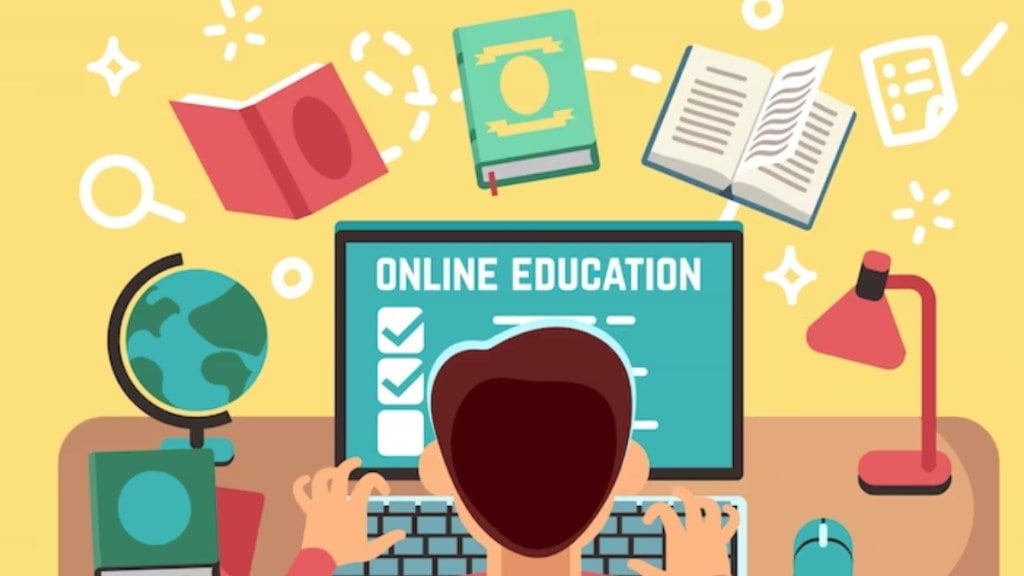Raj Singh, spokesperson at JAIN Online and vice-chancellor of JAIN (Deemed-to-be-University) shares his views on opportunities and challenges of the education system in India with FE Education Online.
What is the best thing about today’s education system?
The best thing about today’s education system is the flexibility it offers in terms of not only the choice of courses and pathways but also the place and pace of pursuing education. The possibility of pursuing education in an interdisciplinary environment is offering new learning opportunities for students. The option to pursue online education has opened up new avenues wherein one can go for upskilling and reskilling without quitting one’s current job or profession.
What is the one thing you would like to change in the system?
I would certainly like to change the obsession Indian students have for certain professions disregarding one’s intrinsic interest and aptitude. This has led to the emergence of a whole parallel system of coaching in the country and falling standards of education in mainstream universities and institutions. To uphold the true spirit of liberal education as envisaged in National Education Policy (NEP) 2020, society has to recognize emerging professional fields beyond engineering and medicine.
What is the role digital technology has played in the evolution of the education system?
Digital technology has played a significant role in the current education system. It has enabled the universalization of education by reaching out to the hitherto unreached. Access to quality and affordable education, which NEP 2020 strongly advocates, can be actualised through the digitalization of learning resources. Competent faculty members must be made to engage in the development of digital academic content to bridge the yawning divide in quality human resources. Digitalization of systems and processes has also aided greater efficiency, transparency and objectivity in educational processes.
What has been the disadvantage of digital education?
Disadvantages of digital technology emanate from the shortcomings of online education which include fatigue from daily/extended use of synchronous online platforms, emotional isolation and lack of participation on asynchronous platforms leading to higher drop-out rates in online degree programs. While the use of social media and collaborative applications (e.g., blogs, wikis) do improve active engagement, they fail to ensure natural and spontaneous communication flow and management of users’ emotional stress. Low self-esteem, depersonalisation, inactivity and crude emotional expressions are some of the other limitations.
What is the career advice you would like to give to students?
My advice to students is that they should not solely focus on scoring marks in examinations but also strive for the attainment of learning outcomes appropriate to the level of the programme. They should continuously scan the environment to know what industry needs are and accordingly acquire the desired skills. I recommend that learners should engage themselves in experiential learning through internships, apprenticeships and part-time jobs. Working collaboratively with industry and communities will not only offer direct exposure to real-life problems and their plausible solutions but will contribute valuably towards concretizing their learnings and attainment of higher-order learning outcomes.

